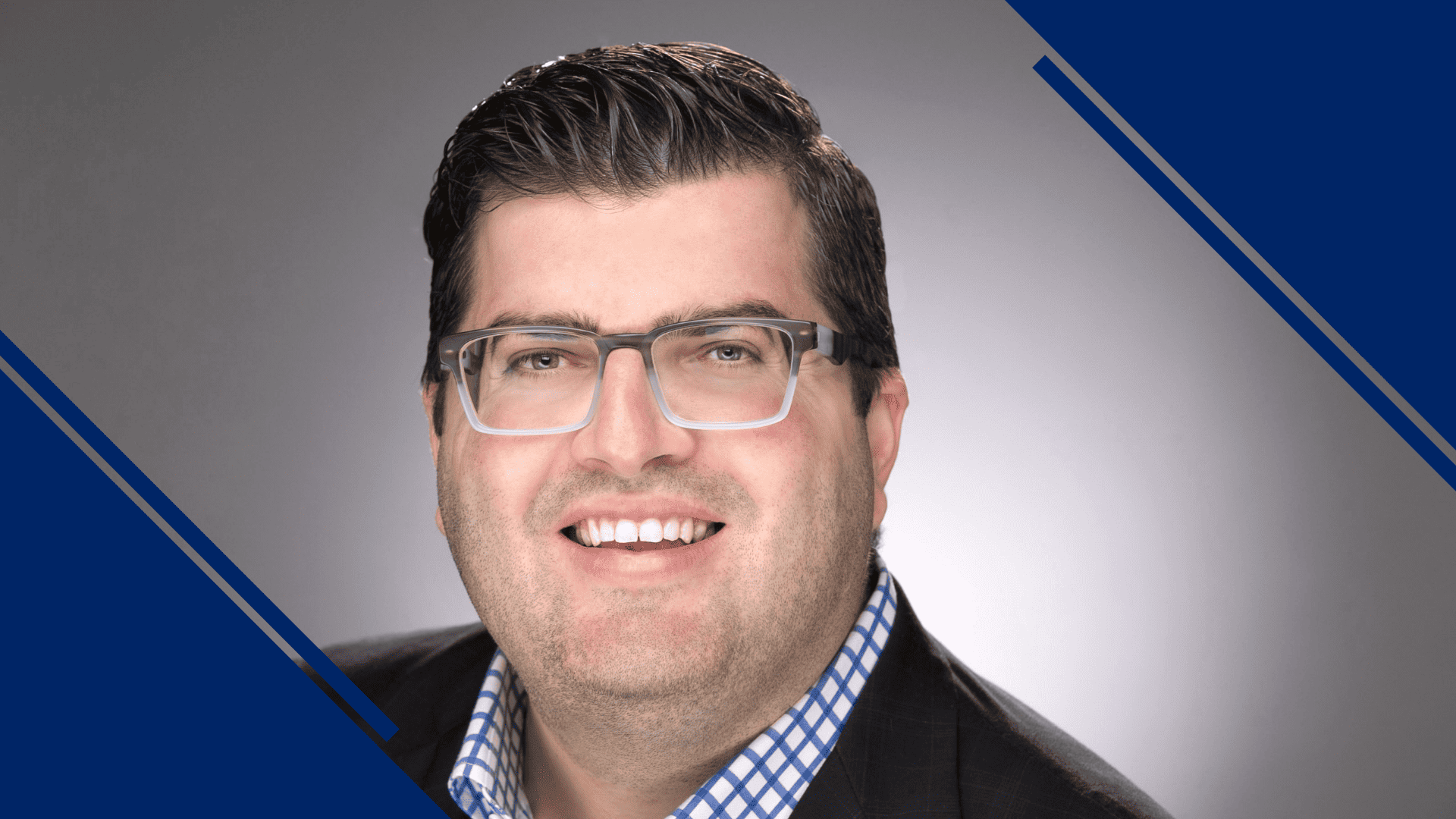Employer Profile: Rafi Wanounou

A CyberSecurity professional with more than two decades of experience in the industry, Rafi Wanounou is a leader in his field. WIllis College has been lucky enough to work with Rafi in a few different capacities, placing practicum students under his supervision and working with him to develop our curriculum.
We wanted to know more about the major trends in CyberSecurity (and the world!) and so we sat down with Rafi to talk about them and how Willis College students are specially equipped to thrive in the industry.
Willis College: HI Rafi! Thank you so much for chatting with us today. Can you start us off by telling us a bit about yourself?
Rafi Wanounou: Sure. My name is Rafi Wanounou. Technically my title is SE director for major accounts in Canada. I’ve been in cyber in Toronto for 27 years. I was one of the early people that helped Fortinet start out in Canada in 2009. Been quite a wild ride to get to where Fortinet is today. I’m currently focused on the top 50 accounts in Canada, so all the major accounts in Canada, and specifically, myself and my team are focused on Toronto and Montreal.
So, having worked in CyberSecuity for a pretty substantial amount of time and seeing the students come from Willis, how have the students done on their practicums and in the real world?
I think they have been fabulous. The value really is that they understand the landscape. CyberSecurity has become so complex and I think this is part of the skills gap and the lack of horsepower in the field. We need someone to teach the students all of the complexes from A to Z so they come in prepared to work with complex technology and complex networks. And I think where Willis shines is in their ability to send the students in fully prepared to handle what has become a really complex world in 2022.
For students coming into the program in 2022, are there industry shifts that they need to be aware of?
So I think one of the paradigm shifts we’re seeing, besides COVID and work from home, is a digital transformation. That digital transformation encompasses work from home, it encompasses grocery delivery, it encompasses deliveries of all kinds, it encompasses using your phone to access all types of services. So they have to think broader. They have to be able to think about security wherever people are, wherever their phones are, whatever country they’re in. So all the barriers, all the boundaries that we were used to in security with the fixed data center and the fixed offices, those have kind of gone away. And that actually makes the core education even that much more important because we’re going to have to think much more broadly, be much more proactive and be much more creative in the way that we secure these networks of the future.
Being in the industry for so long, especially across Canada, what are the things that you look for in new graduates that stand out?
I think all of the top-tier vendors look for one thing: the ability to balance security and the business. It’s easy to say we’re going to lock everything down and make it Fort Knox, but we know that’s not realistic. So I think one of the things that the students come out of Willis with is this ability to balance the business need and the security need. The ability to say this is what we’re going to do today, this is what we’re going to do tomorrow and this is the end goal. To really have that vision of the corporate security framework versus just saying lock everything down, lock all the doors, bolt the desks down. Really they have the ability to think broadly and talk to the executives, which is really what we’re seeing with the Willis graduates is that level of business communication that we don’t see everywhere else.
Thank you for that! Willis College just launched an accelerated program, which is best positioned for students or employees who are later on in their career. What benefits or perks do you see someone who’s been in the space going back to school to do this accelerated ‘bootcamp’ program?
I think that whether it’s digital transformation, whether it’s remote work, whether it’s cloud, these require an entirely new addition to your foundation. So I think if you’re going to speak to business about cloud, if you’re going to speak to business about transformation, you really need to add to your foundation. That’s where the accelerated course at Willis really comes in. It’s teaching them about the public cloud, digital transformation, all of these new areas of security that maybe weren’t taught when some of these people started in their security careers.
For people who are four or five years into the CyberSecurity, or IT space, who are looking to level up their skills or take the next step, what type of recommendations or things would you advise?
Sure, great question. So I think that for those people that are existing cybersecurity professionals, have been in the space for four or five years and are really looking to address some of the new challenges of cloud digital transformation, I think it’s important to go to an institution like Willis. Really level on what does a public cloud mean? What does securing it mean? What does securing digital transformation mean? And how are we going to secure these mobile assets of the future? Because those are the challenges that are really facing us in the next 10, 15, 20 years.
Seeing students coming from Willis, what type of reactions or insights are they sharing from a faculty level? How do they feel about their teachers and the education process?
I think one of the great pieces of feedback we get from them is that the faculty at Willis actually taught them about real-world experiences. The faculty at Willis has taught them actually how to balance the needs of business and cyber. So they’ve actually come out with this great tenured experience from the faculty at Willis that other new graduates may not have if they haven’t attended that program.
We love that! What about learning online? Do you have any concerns about CyberSecurity students learning in a virtual space?
For a student looking to learn online or continue their education online, I think one of the nice parts about that for cybersecurity is that we can do a lot of the practical work, whether it’s learning public cloud, whether it’s learning the mobile networks, whether it’s learning mobile security, we can actually achieve a lot of success online. In conjunction, obviously, with talking to your faculty member online. I think cyber is one of those unique places where we can do just as great online and come up with a great career afterwards.
Final question: what changes have you seen in this industry over the past ten years?
That’s a great question. So if I take a new graduate today versus a graduate that came out a decade ago, I think CyberSecurity professionals today we’re much more important to the business. Previously we were securing the enterprise data, but we may not have been that important to the business as a whole. Today, we are actually core to the business. If enterprises are making money via mobile apps or mobile delivery or mobile payments, we are actually critical to the revenue stream of the business. So I think that’s where really there’s been a paradigm shift, a sea change if you want to call it, in terms of how close we are to the actual business. Versus before we made it a little bit on the periphery, making sure that no one broke into the one database in the data center. Today, we are actually actively involved in the day to day revenue of the business.
Amazing. Well, thank you Rafi again for taking the time here to chat.
NOW is the time to start your career in CyberSecurity.
Every day the world is moving more and more online and CyberSecurity professionals are the ones tasked with keeping everything, and everyone safe! Jobs are plentiful in this important and fast-growing field and you should be in one of them!
We would love to chat with you about our CyberSecurity programs and the career opportunities that they afford. Click here to learn more and get started ASAP.



